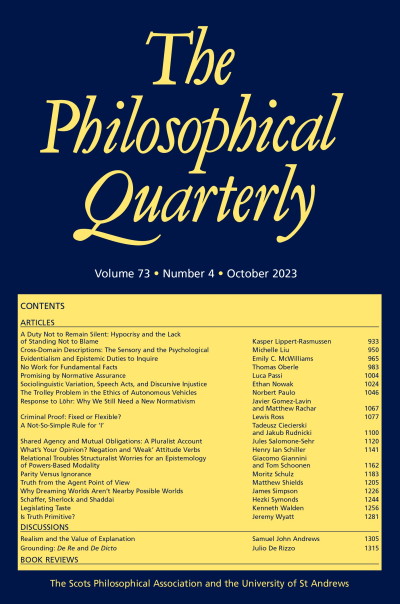research

Philosophy of Fiction
2026
-
 Imagination and Creativity in FictionIn The Oxford Handbook of Philosophy of Imagination and Creativity, 2026
Imagination and Creativity in FictionIn The Oxford Handbook of Philosophy of Imagination and Creativity, 2026
2025
-
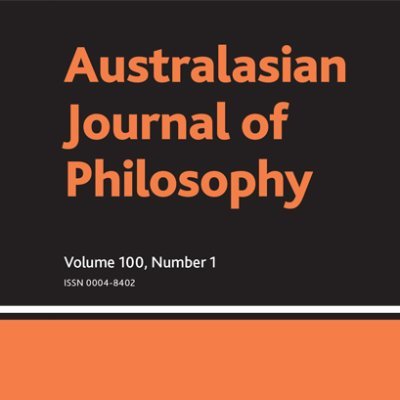 How Fictional Events can be Past, Present, or FuturePhilosophy and Phenomenological Research, 2025
How Fictional Events can be Past, Present, or FuturePhilosophy and Phenomenological Research, 2025 -
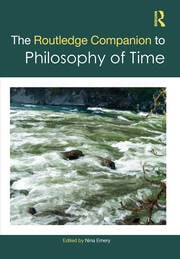
-
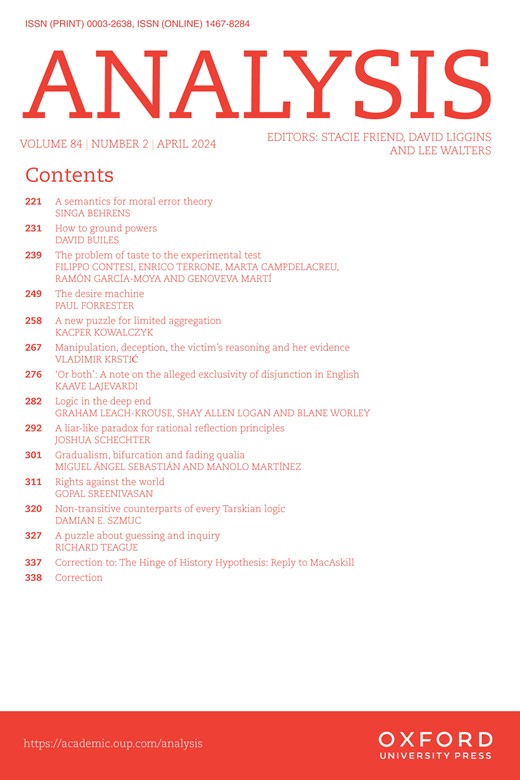
2024
-
 Imagination and the Permissive View of Fictional TruthThe Australasian Journal of Philosophy, 2024
Imagination and the Permissive View of Fictional TruthThe Australasian Journal of Philosophy, 2024 -
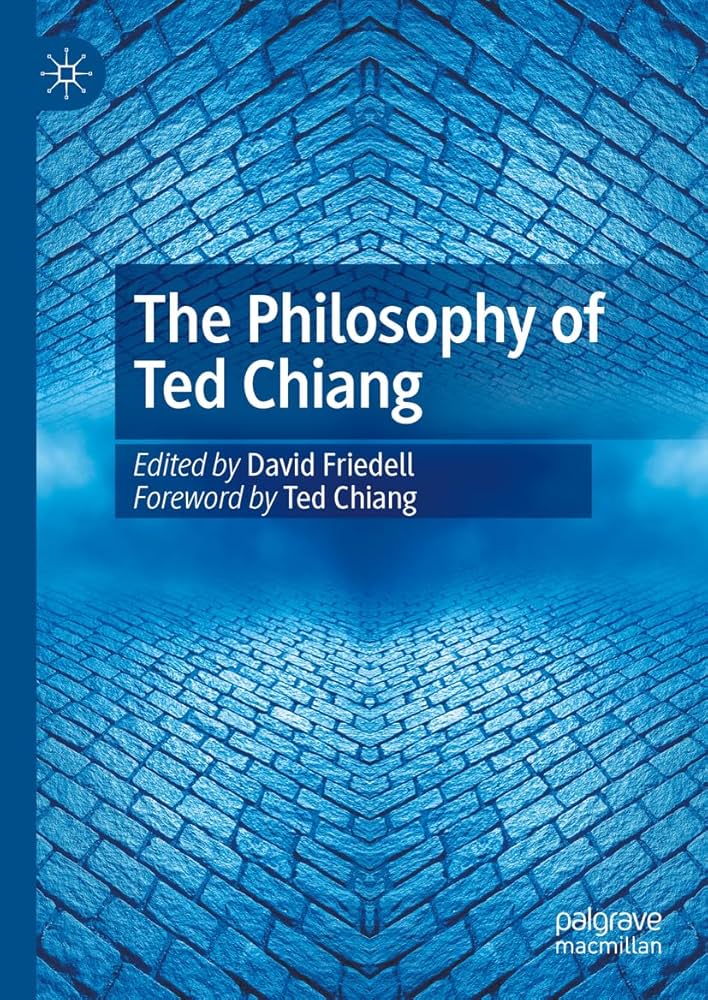
2022
Philosophy and Literature
2025
2024
-
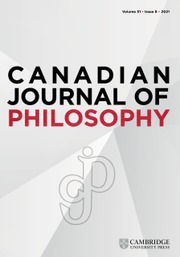 Picture-Reading in Comics, Prose, and PoetryThe Canadian Journal of Philosophy, 2024
Picture-Reading in Comics, Prose, and PoetryThe Canadian Journal of Philosophy, 2024
2023
-
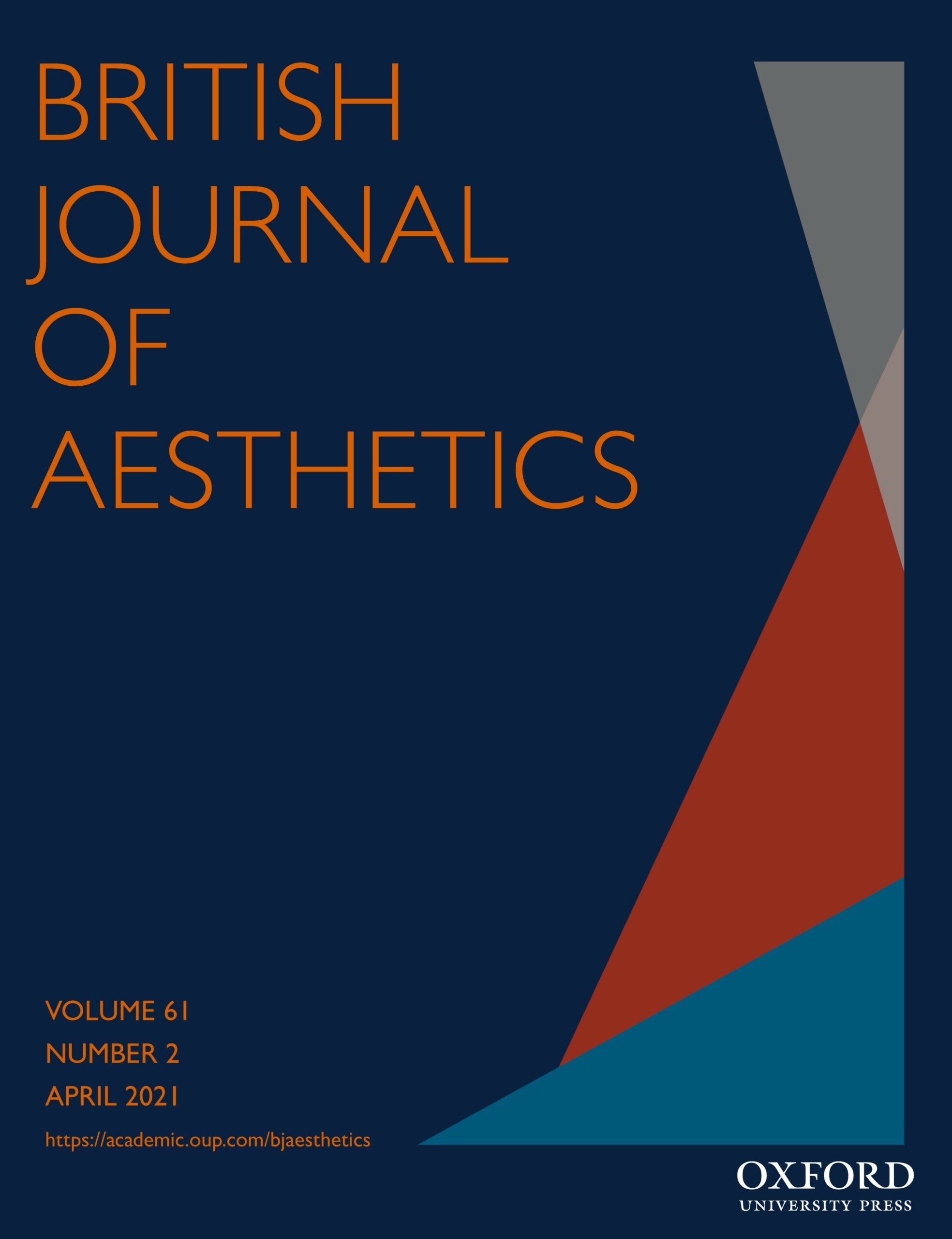 Artful Truths: The Philosophy of Memoir (book review)The British Journal of Aesthetics, 2023
Artful Truths: The Philosophy of Memoir (book review)The British Journal of Aesthetics, 2023
2021
-
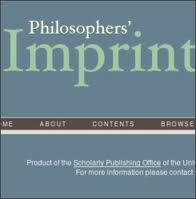
-
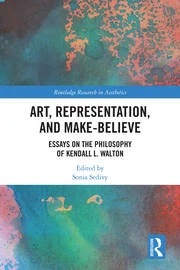 Lyric Self-ExpressionIn Art, Representation, and Make-Believe: Essays on the Philosophy of Kendall L. Walton, 2021
Lyric Self-ExpressionIn Art, Representation, and Make-Believe: Essays on the Philosophy of Kendall L. Walton, 2021
Philosophy of Music
2023
-
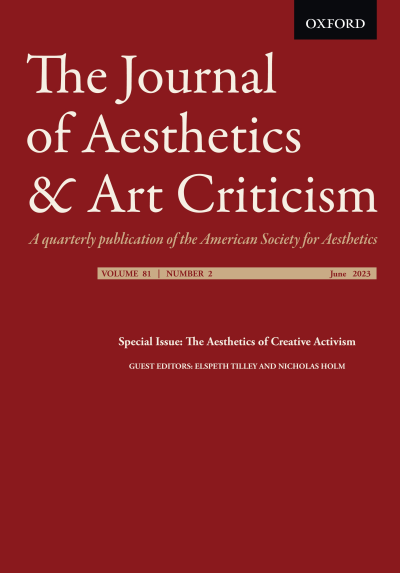 A Dual-Process Model of Xunzi’s Philosophy of MusicThe Journal of Aesthetics and Art Criticism, 2023
A Dual-Process Model of Xunzi’s Philosophy of MusicThe Journal of Aesthetics and Art Criticism, 2023 -

Korean Philosophy
2023
-
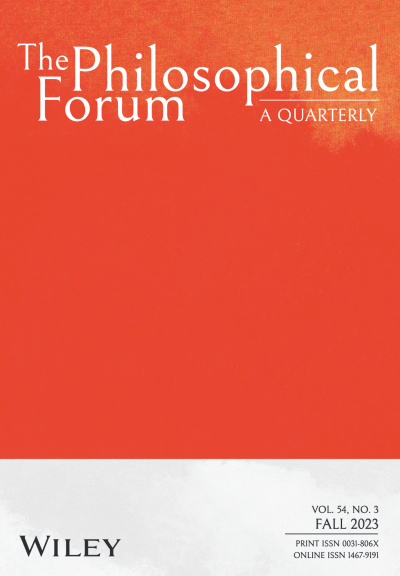
-
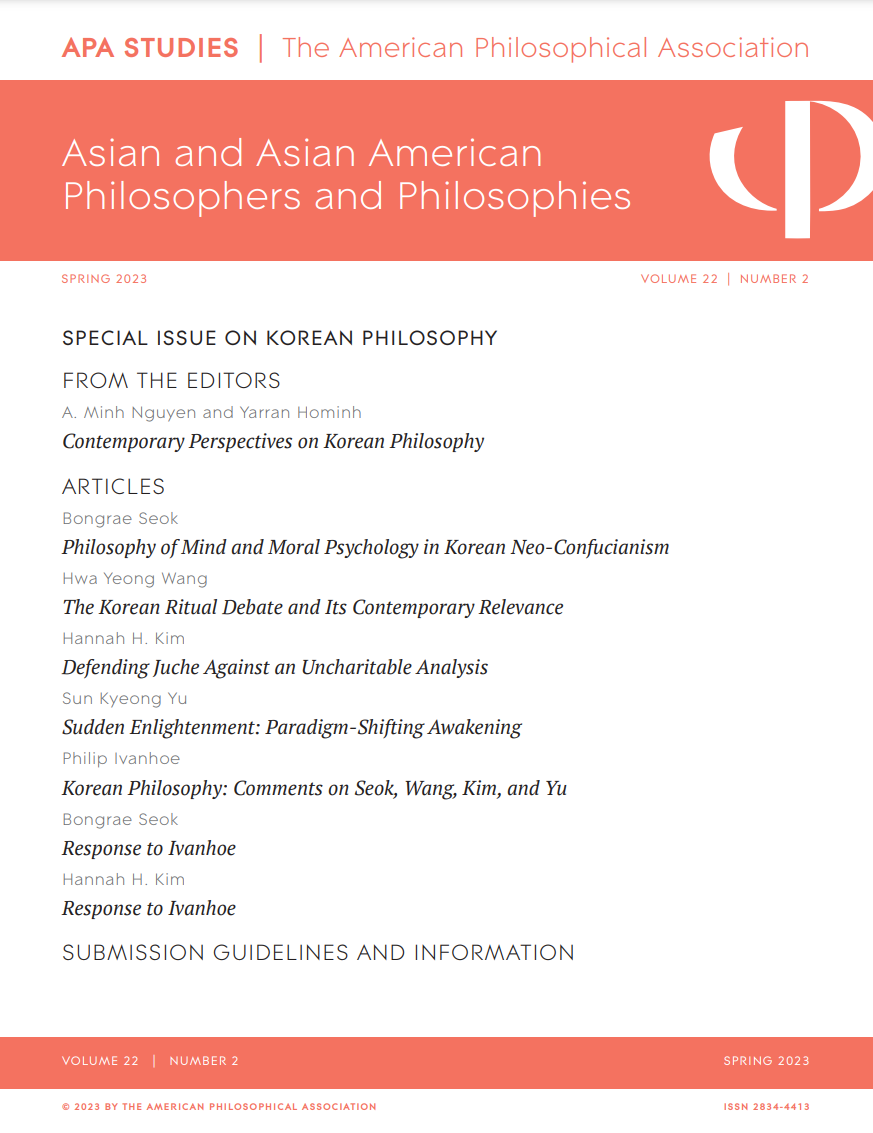 Defending Juche Against an Uncharitable AnalysisApa Studies: Asian and Asian American Philosophy, 2023
Defending Juche Against an Uncharitable AnalysisApa Studies: Asian and Asian American Philosophy, 2023
2022
-
 Metaphors in Neo-Confucian Korean PhilosophyJournal of Aesthetics and Art Criticism, 2022
Metaphors in Neo-Confucian Korean PhilosophyJournal of Aesthetics and Art Criticism, 2022 -
 Introduction to the Symposium on Korean Aesthetics: The Beginning is HalfThe Journal of Aesthetics and Art Criticism, 2022
Introduction to the Symposium on Korean Aesthetics: The Beginning is HalfThe Journal of Aesthetics and Art Criticism, 2022
2019
-
 Art Beyond Morality and Metaphysics: Late Joseon Korean AestheticsThe Journal of Aesthetics and Art Criticism, 2019
Art Beyond Morality and Metaphysics: Late Joseon Korean AestheticsThe Journal of Aesthetics and Art Criticism, 2019
Philosophy of Religion
2016
-
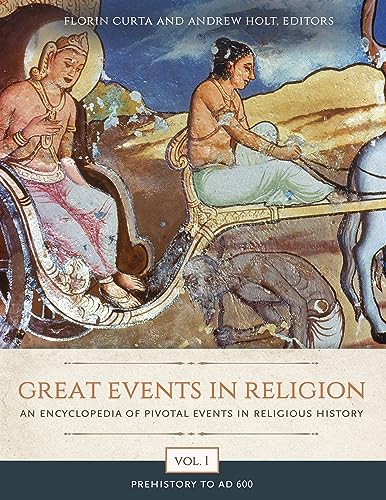 The Life and Influence of Thomas AquinasIn Great Events in Religion: An Encyclopedia of Pivotal Events in Religious History, 2016
The Life and Influence of Thomas AquinasIn Great Events in Religion: An Encyclopedia of Pivotal Events in Religious History, 2016
Pedagogy
2025
-
 Advice for My Younger Teaching SelfAmerican Association of Philosophy Teachers Studies in Pedagogy, 2025
Advice for My Younger Teaching SelfAmerican Association of Philosophy Teachers Studies in Pedagogy, 2025
2024
-
 Centering Student Experience: Writing to Promote Inclusive Pedagogy and Significant LearningAmerican Association of Philosophy Teachers Studies in Pedagogy, 2024
Centering Student Experience: Writing to Promote Inclusive Pedagogy and Significant LearningAmerican Association of Philosophy Teachers Studies in Pedagogy, 2024
